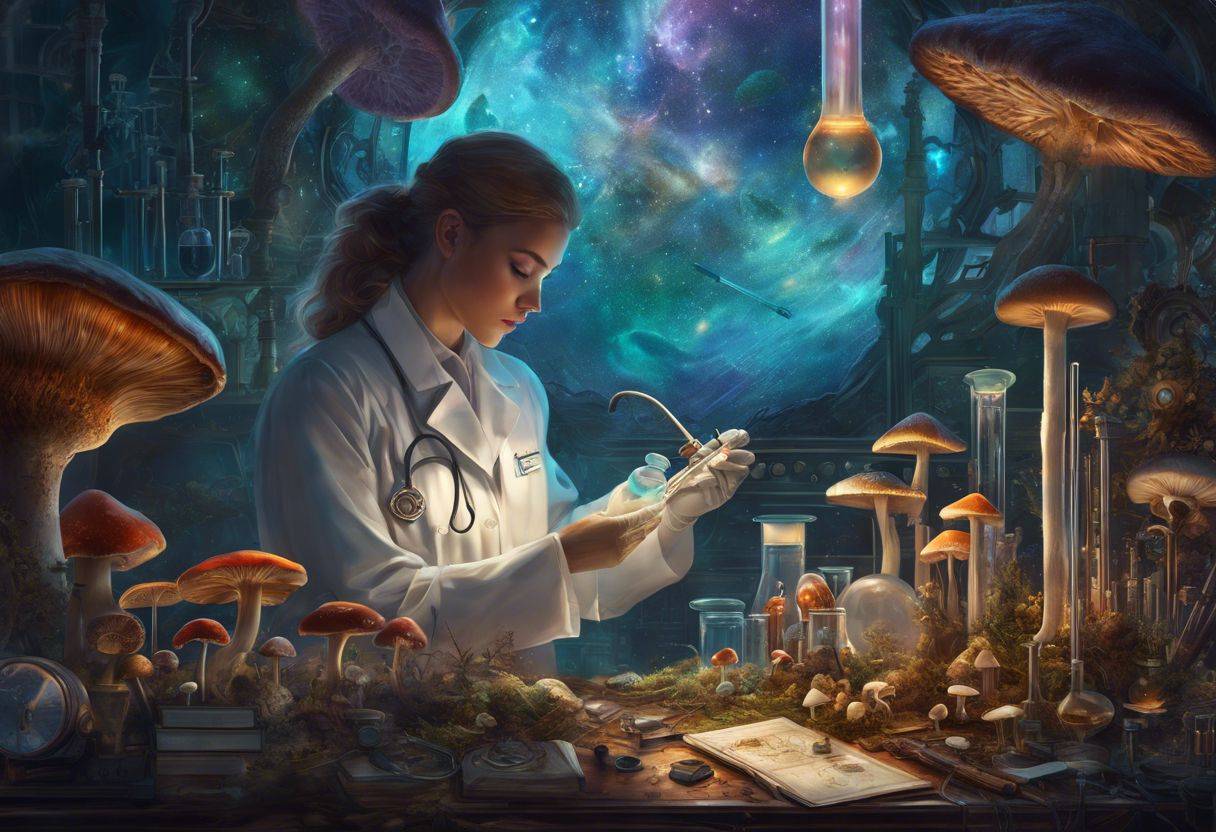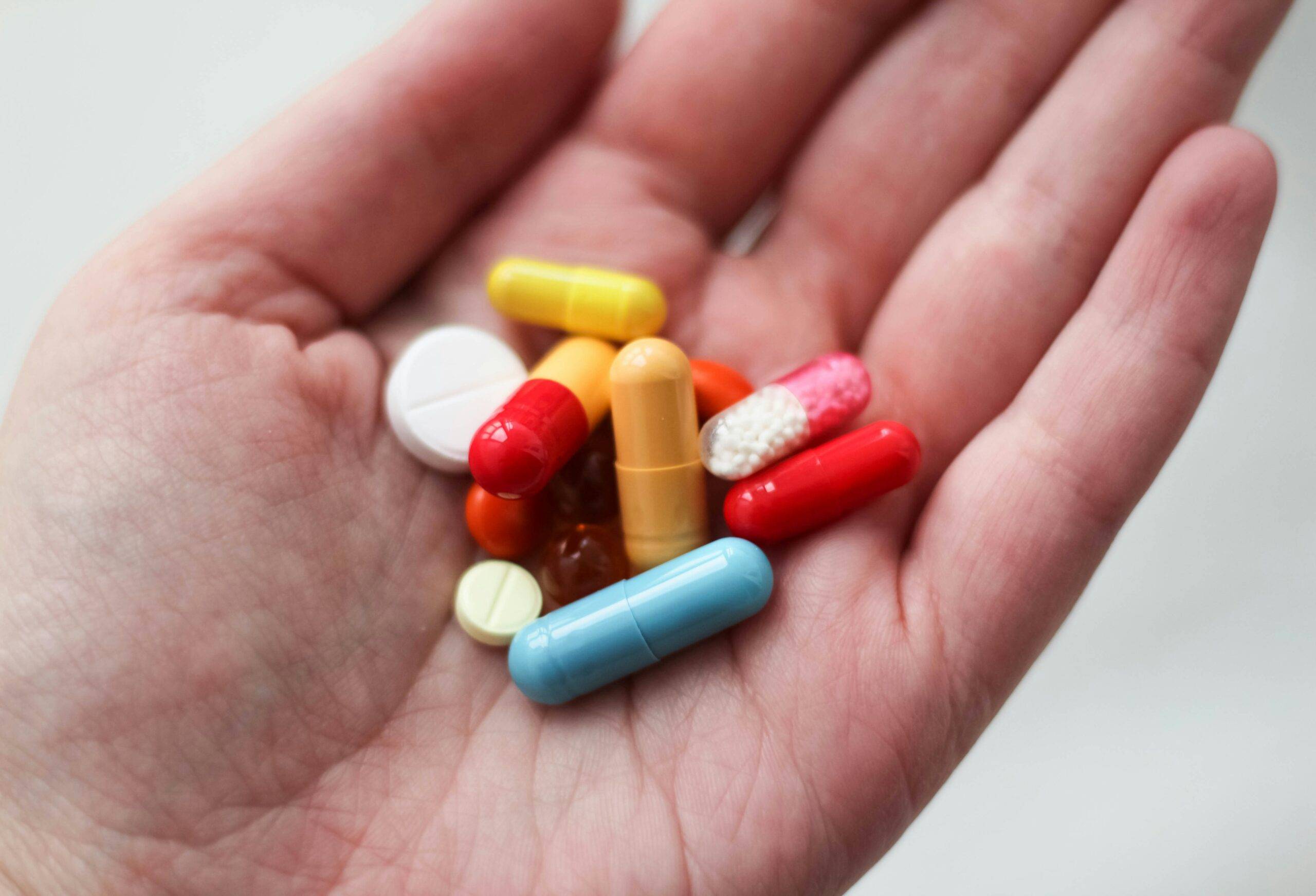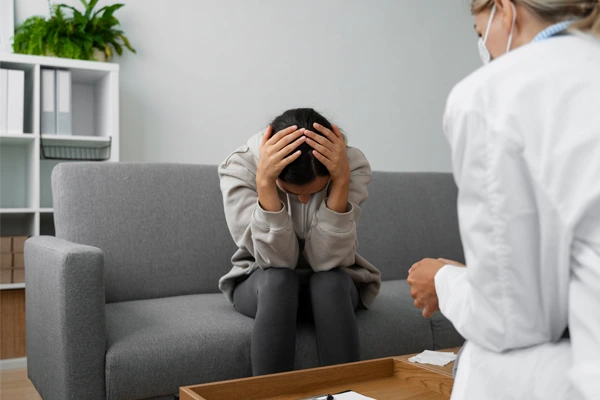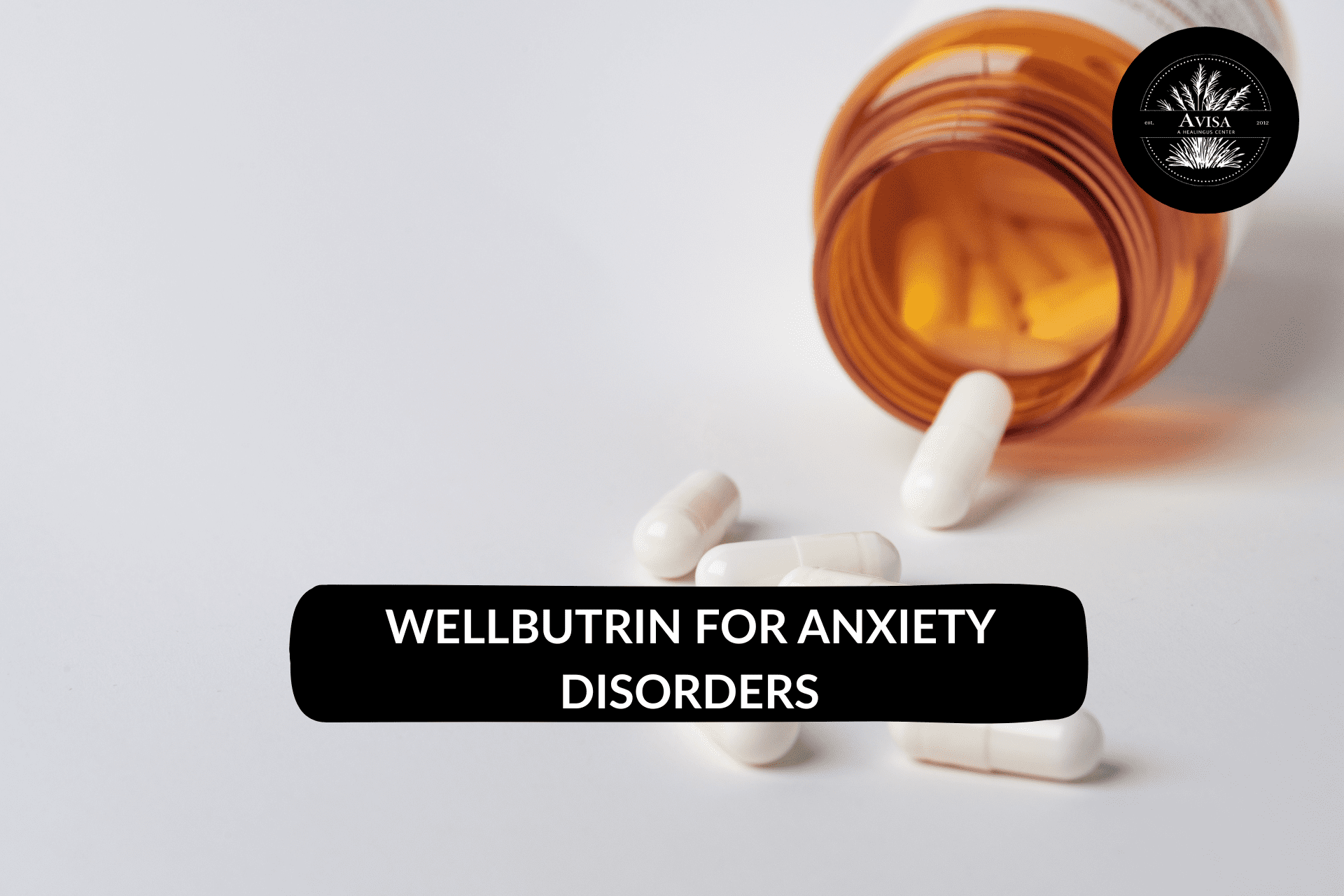Hallucinogenic mushrooms, also known as shrooms, magic mushrooms, or psychedelic mushrooms, are a group of fungi containing psilocybin, a psychoactive compound that alters perception, mood, and thought. These mushrooms have been used for spiritual and medicinal purposes for centuries in various cultures around the world.
While psilocybin is illegal in many countries, some areas are exploring its therapeutic potential. Understanding how long psilocybin stays detectable in the body becomes critical in situations involving hallucinogenic mushrooms drug tests. This knowledge can be crucial for legal or employment purposes.
Are you concerned about how mushrooms will affect your test?
With proven solutions and expert help, you can navigate this smoothly and without surprises.
Pharmacology of Hallucinogenic Mushrooms Drug tests
Active compounds
Hallucinogenic mushrooms drug tests primarily exert their effects through two key compounds
- Psilocybin: This is the main psychoactive alkaloid found in most hallucinogenic mushrooms drug tests. Psilocybin itself is inactive, but it is quickly converted.
- Psilocin: This is the metabolite of psilocybin and the primary psychoactive compound responsible for the hallucinogenic effects. Psilocin mimics the action of serotonin, a neurotransmitter in the brain that plays a role in mood, perception, and cognition.
Metabolism in the body
Once ingested, psilocybin is rapidly absorbed from the stomach and intestines. Within minutes, it crosses the blood-brain barrier and is converted to psilocin by enzymes primarily in the liver and blood. Psilocin then interacts with serotonin receptors in the brain, leading to the characteristic effects of hallucinogenic mushrooms drug tests.
Duration of effects
The duration of effects from hallucinogenic mushrooms drug tests depends on several factors, including,
- Dosage: Higher doses generally lead to longer-lasting effects.
- Species: Different mushroom species contain varying concentrations of psilocybin, leading to different durations of action.
- Individual factors: Metabolism and body weight can influence how quickly psilocybin is broken down and eliminated.
The main effects usually subside within 4-6 hours, although some lingering altered perceptions might occur. However, depending on the factors mentioned above, the experience can range from a few hours to a full day.
Detection Window for Hallucinogenic Mushroom Drug Tests
Psilocybin, the primary psychoactive compound in magic mushrooms, gets converted into psilocin by the body. This psilocin is responsible for the psychedelic effects. But how long do these elements linger in your system, raising concerns about detection in drug tests?
While there’s no one-size-fits-all answer, psilocybin and psilocin generally have a short detection window compared to other drugs.
- Urine: Most common drug tests are urine-based. Psilocybin and psilocin are usually undetectable by standard 5-panel tests used for pre-employment screening or routine testing. However, specialized hallucinogenic tests can pick them up within a window of 1-3 days after consumption. This window can be slightly longer or for frequent users.
- Blood: Due to psilocybin’s rapid metabolism, blood tests are unlikely to detect it after a few hours.
- Hair: Hair follicle tests have a much larger detection window, potentially revealing use for up to 90 days. However, these tests are expensive and not commonly used for psilocybin detection.
Factors Affecting the Detectability
Several factors influence how long psilocybin and psilocin stay detectable:
- Dosage: Consuming a higher quantity naturally means there’s more for your body to process, potentially extending the detection window slightly.
- Frequency of Use: Regular use can lead to a buildup of psilocybin metabolites in your system, making them detectable for a longer duration.
- Metabolism: Individual variations in metabolism play a role. People who metabolize substances faster might have a shorter detection window.
Here’s where the connection to hallucinogenic mushrooms drug tests comes in. While psilocin is responsible for the effects, it’s important to understand its detection window in the body.
False Positives and Cross-Reactions with Shroom Tests
While psilocybin detection windows are generally short, there’s always the possibility of a snag: false positives and cross-reactions.
The False Positive
A false positive result indicates that a drug test wrongly suggests psilocybin use when it wasn’t present. This can happen due to various reasons:
- Test Limitations: Basic drug tests might not be specifically designed to detect psilocybin, leading to misinterpretations with structurally similar compounds.
- Medications and Supplements: Certain medications, like some antibiotics or antidepressants, can interfere with the test and cause a false positive.
- Dietary Culprits: Consuming poppy seeds in large amounts can rarely trigger a false positive for psilocybin due to trace amounts of morphine-like alkaloids present in the seeds.
The Cross-Reaction Conundrum
Cross-reactions occur when a substance other than psilocybin interacts with the test and mimics a positive result. Here are some potential culprits:
- Ergot Alkaloids: These naturally occurring compounds found in rye ergot fungus can cause false positives due to their structural similarity to psilocybin.
- LSD: This powerful psychedelic drug can cross-react with some psilocybin tests, especially if recently consumed.
Staying Informed, Staying Safe
If you receive a positive drug test result for psilocybin and believe it’s inaccurate, it’s crucial to:
- Request a Confirmation Test: More specific tests like Gas Chromatography-Mass Spectrometry (GC-MS) can definitively identify the presence of psilocybin.
- Disclose Relevant Information: Being upfront with the testing facility about any medications, supplements, or recent dietary choices can help clarify the results.
By understanding the potential for false positives and cross-reactions, you can navigate psilocybin testing with a bit more awareness.
Legality and Workplace Drug Testing Policies
Legal implications of hallucinogenic mushroom use
The legal status of psilocybin, the key psychoactive component in hallucinogenic mushrooms drug tests, is a complex and evolving issue. Here’s a breakdown to shed some light:
- Federal Law: Under federal law in the United States (and many other countries), psilocybin is classified as a Schedule I controlled substance. This classification signifies a high potential for abuse and no currently accepted medical use.
- State and Local Variations: However, the winds of change are blowing. Several states, cities, and even countries have decriminalized psilocybin possession or are exploring its therapeutic potential through ongoing research and legislation.
It’s vital to stay informed about the legal status of psilocybin in your specific location. This information is constantly evolving, and what’s legal in one area might be illegal in another.
Employer Drug Testing Policies
Many employers have established drug testing policies, and these policies can vary depending on the industry, the safety sensitivity of the job role, and state/local regulations.
Here’s what to consider regarding workplace drug testing and psilocybin:
- Standard Panels: Most common workplace drug tests are 5-panel tests, which typically don’t screen for psilocybin. However, employers can opt for more comprehensive testing that includes hallucinogens.
- Off-Duty vs. On-Duty Use: Generally, drug testing policies focus on potential impairment during work hours. While some employers might have policies regarding off-duty drug use, the legal implications can be complex.
Understanding Your Rights and Employer Policies
If you’re concerned about psilocybin use and potential workplace drug testing, here are some steps:
- Review your employer’s drug testing policy: This document should outline the types of drugs tested for, the testing procedures, and potential consequences for positive results.
- Seek legal guidance (optional): If you have questions or concerns about your rights or your employer’s policy, consulting with an employment lawyer might be beneficial.
Mitigation Strategies
While we cannot endorse or recommend psilocybin use, it’s important to acknowledge the realities of drug testing. Here’s a look at potential mitigation strategies, emphasizing that these are for educational purposes only and might not be foolproof
Abstinence period before drug test
The most reliable way to ensure psilocybin doesn’t show up in a drug test is to complete abstinence for a sufficient period. This timeframe can vary depending on factors like dosage, frequency of use, and individual metabolism.
- Standard Urine Test: For a one-time use of a moderate dose, aiming for an abstinence period of at least 72 hours (3 days) might be sufficient. However, for heavier use or longer detection windows, a week or more of abstinence could be advisable.
- Hair Follicle Test: Due to the extended detection window (up to 90 days), complete abstinence for an extended period is necessary to avoid a positive result on a hair follicle test.
Detoxification methods
There’s a lot of information available on psilocybin detoxification methods. However, it’s crucial to approach this information with caution for several reasons:
- Limited Scientific Evidence: Many detoxification methods lack strong scientific backing to support their effectiveness in removing psilocybin from the body.
- Health Risks: Some methods might involve drastic changes in diet, intense exercise, or unproven supplements, which could pose health risks.
- Focus on Abstinence: The safest and most reliable approach is complete abstinence for a sufficient period before a drug test.
It’s vital to prioritize safety and follow the law. If you have concerns about psilocybin use or potential drug testing, consult a healthcare professional.
Tired of fighting addiction and mental health struggles?
Ignoring both deepens the struggle. Our holistic approach—detox, therapy, and medication-assisted treatment—can help you heal. Take the first step today.
Conclusion
In conclusion, the impact of hallucinogenic mushroom use on drug tests is multifaceted, influenced by various factors such as dosage, frequency of use, and individual metabolism. While psilocybin and psilocin typically have shorter detection windows compared to many other substances, false positives and cross-reactions remain a concern. Understanding the legal implications and workplace drug testing policies regarding hallucinogenic mushrooms drug tests is essential for individuals navigating such situations.
For those navigating the complexities of hallucinogenic mushroom use and drug testing, seeking professional guidance is paramount. Whether you’re unsure about legal implications, workplace policies, or mitigation strategies, don’t hesitate to reach out to Avisa. Your well-being and legal compliance are of utmost importance.











